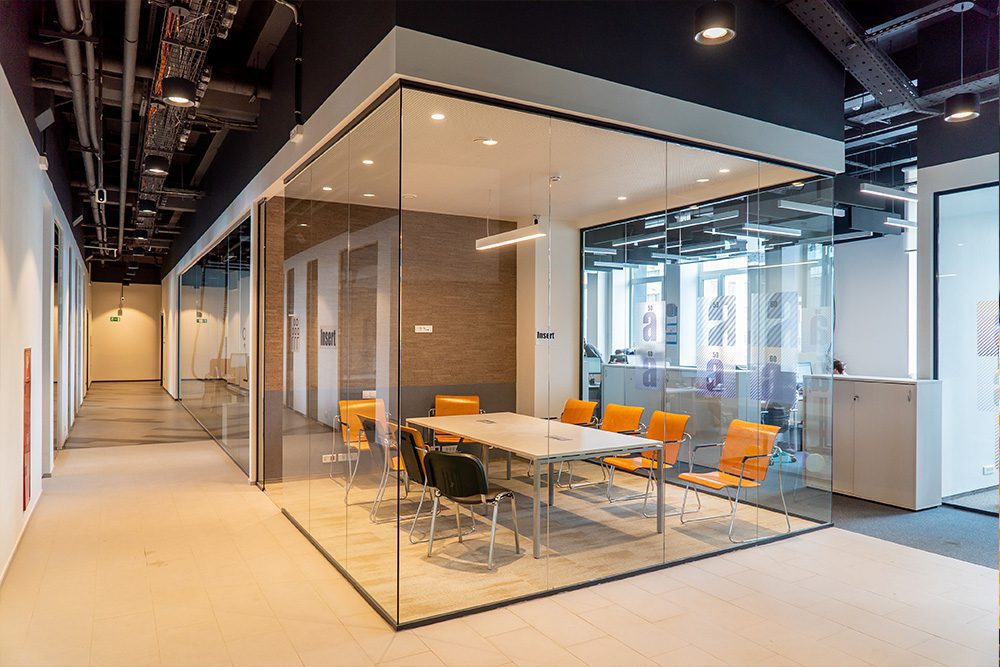What is Smart Glass? - Everything you
want to know
Smart glass, also known as Switchable glass, has the ability to transition from a transparent state to an opaque state through the application of an electrical current. This makes it a highly desirable window treatment option as it essentially functions as built-in curtains or blinds within the glass. To gain a better understanding of this innovative technology, continue reading this article on switchable glass.




